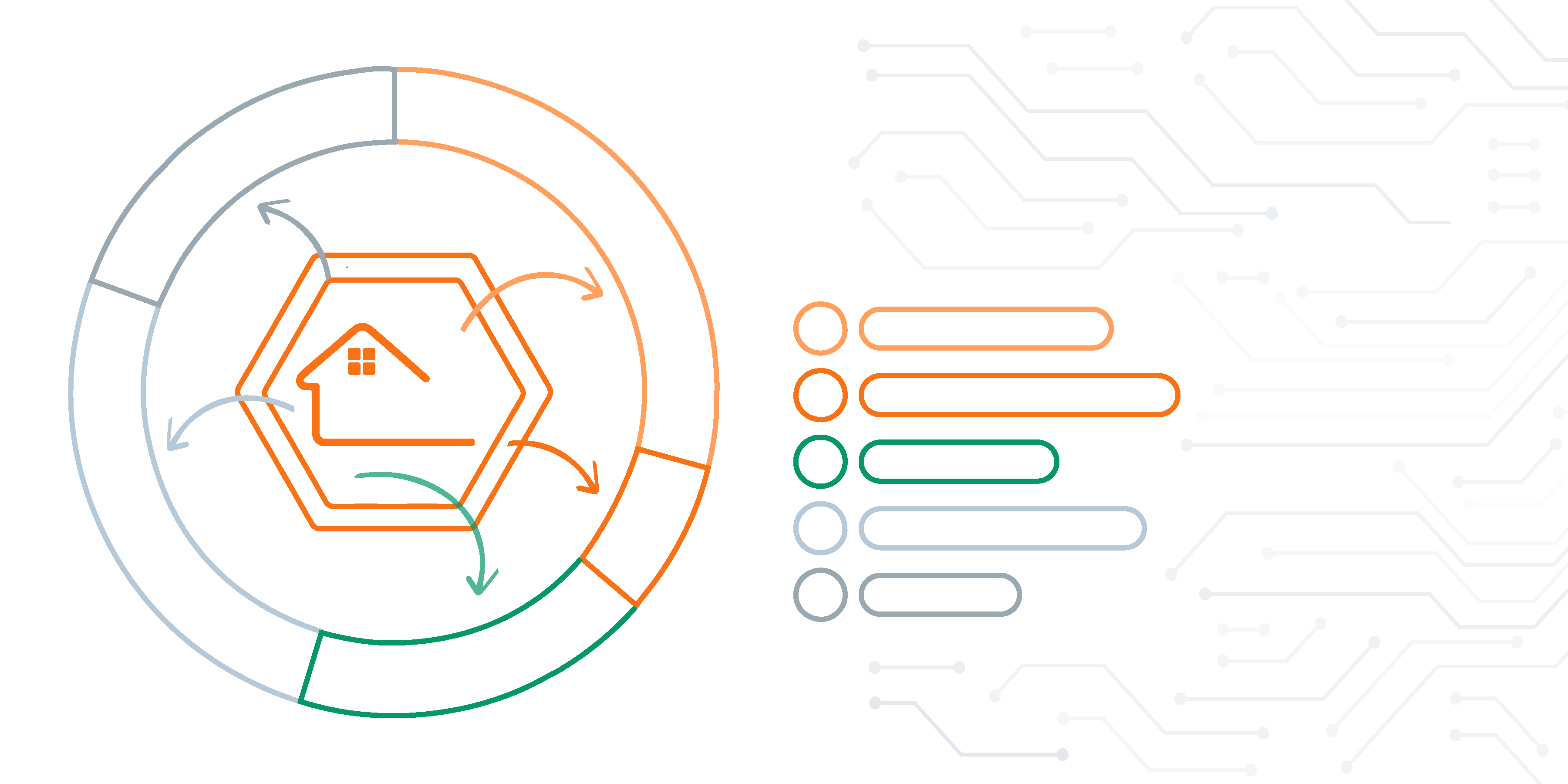
RENT has a permanently capped supply of 100 million tokens, strategically allocated to support liquidity, property acquisition, marketing, development, and governance. Here’s the detailed breakdown:
Estate Acquisition Fund (40% / 40,000,000 tokens):
- Funds the acquisition and growth of the property portfolio.
- Release Schedule:
- Initial Unlock: 10,000,000 tokens (25%) at launch.
- Three-month cliff.
- Linear monthly unlock of 1,250,000 tokens over 24 months.
Liquidity (30% / 30,000,000 tokens):
- Ensures market stability and smooth trading on Raydium.
- Release Schedule:
- Initial Unlock: 5,000,000 tokens (16.67%) at launch.
- Quarterly releases of 3,125,000 tokens (April 2025 – January 2027).
Marketing & Partnerships (15% / 15,000,000 tokens):
- Supports partnerships and RentFi’s global ecosystem growth.
- Release Schedule:
- Initial Unlock: 3,750,000 tokens (25%) at launch.
- Three-month cliff.
- Quarterly releases of 1,410,000 tokens over 24 months.
Team & Development (10% / 10,000,000 tokens):
-
Funds platform development and supports the RentFi team.
-
Release Schedule:
-
Initial Unlock: 2,000,000 tokens (20%) at launch.
-
Three-month cliff.
-
Quarterly releases of 1,000,000 tokens over 24 months.
-
DAO Treasury (5% / 5,000,000 tokens):
- Reserved for governance and community-led initiatives.
- Release Schedule:
- Six-month initial lock.
- 20% unlock after six months.
- Remaining 80% controlled via DAO voting after 12 months.
Deflationary Mechanism:
Through the 50/50 model, RENT is systematically bought back and burned using 50% of net rental profits. This reduces the circulating supply over time, raising scarcity and value for long-term holders.
Transparency:
All token distributions, burns, and circulating supply updates are publicly visible on platforms like CoinGecko, CoinMarketCap, and blockchain explorers.